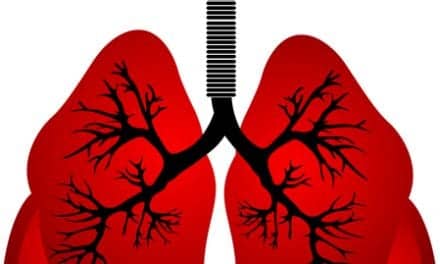In a recent review, cardiopulmonary rehabilitation programs were shown to partially reverse muscle weakness and dysfunction as well as increase functional capacity in patients with COPD and congestive heart failure (CHF). In the review, the authors explain that despite the fact that the primary system impairment is different in patients with COPD or CHF, the underlying symptoms reported by these patients during exercise are common and are related predominantly to leg discomfort but also to shortness of breath, according to Lung Disease News.
Cardiac rehabilitation programs have evolved to deliver preventive cardiology and include nutritional therapies, weight loss programs, blood pressure control, stress management, and diabetes management.
According to the authors of the study, cardiopulmonary rehabilitation programs notably increase functional capacity in COPD or CHF patients but their effects are rapidly diminished after completion of the program. The Lung Disease News report notes that this is because conducting exercise, which is defined as getting the heart rate above 30, helps to increase physical activity capacity.
The Lung Disease News report indicates, however, that regular physical activity does not increase exercise tolerance nor does it improve how patients feel while conducting physical activity on a daily basis. In addition, the authors note that home-based interventions using telemonitoring equipment may constitute a promising intervention to maintain or further improve physical capacity in patients with COPD or CHF.
Source: Lung Disease News










